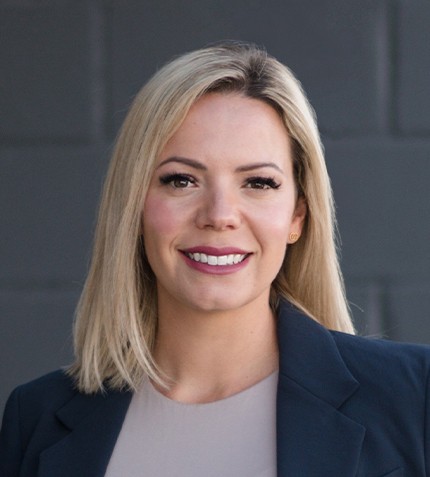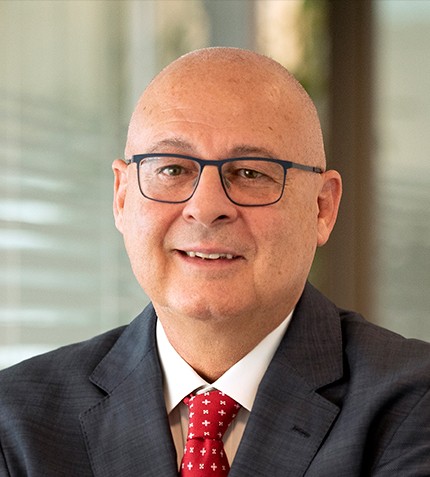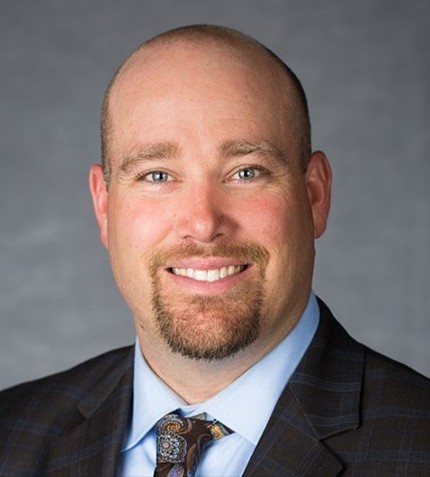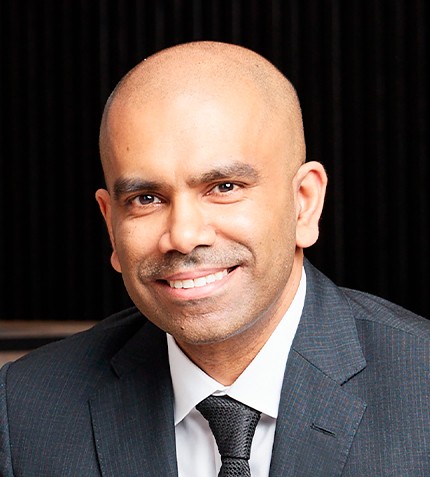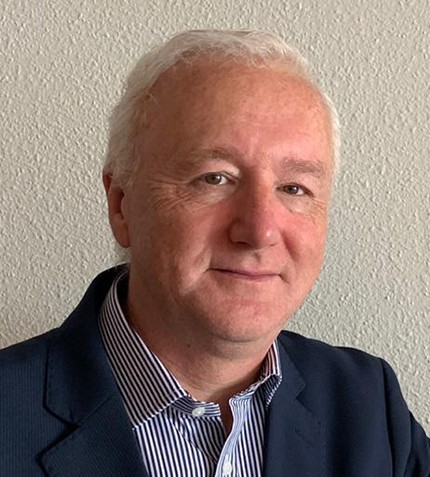
"In Peru and Chile, money transactions are straightforward in comparison to Argentina. In Argentina, there are more tax charges and tax rates are higher. This makes the country less competitive because final products can be 50% more expensive than elsewhere."
Claudio Gorichon
CEO, GRUPO RENO S.A.
Could you give us an overview of Reno S.A and the location of your operations?
Reno S.A was founded in 1957 as a family business in Chile. We specialize in the distribution of solvents and work in partnership with companies such as Dow and BASF. Nine years ago, we began sales in the Argentinian market and three years ago, we also started operations in Peru – a very competitive market, where we are experiencing outstanding growth. The Chilean market is more mature, so we are investing heavily in diversifying our product line through a new automated processing plant. In the future, our ambition is to expand further in the Andean region, possibly with Colombia as the next destination.
How has the company adapted to the Covid-19 pandemic?
We have had to develop different strategies for each country in which we participate, and we have implemented working from home with good results. Peru was the worst affected country, and our sales there fell sharply during April and May. In Argentina we had lower sales and payment problems. In Chile, where our headquarters are located, we are more diversified and Covid affected us less. Having supplies for the cleaning and food industries and having good levels of stock in product distribution helped us during quarantine periods.
Can you elaborate on the company’s profile in Chile and how the company is perceived?
We commercialize raw materials to many industrial sectors in segments such as paints, inks, flexible foam, construction additives, cosmetics, cleaning products and food. We also supply products to the mining sector. We are the main reference for solvents in Chile; we were recognized by Dow as their best distributor for the Southern Cone. We see ourselves as doing more than just selling. In addition to the product, we offer technical consultancy, information and support.
Do you foresee acquiring other companies as a strategy for growth?
We made the deliberate decision to grow organically as opposed to acquiring other players within the business. This ensures that our growth is sustainable and minimizes our exposure to management risks. We want to grow at a sustained pace but not impulsively or irresponsibly, because growing through acquisitions can represent a loss of control. For this reason, we want to open operations in Colombia directly with our own office, and only after consolidating our presence in the Peruvian market.
Can you comment on the jurisdictions in which you operate from a tax and currency perspective?
In Peru and Chile, money transactions are straightforward in comparison to Argentina. In Argentina, there are more tax charges and tax rates are higher. This makes the country less competitive because final products can be 50% more expensive than elsewhere. Therefore, the focus of companies is typically on the domestic market, as exporting manufactured goods and other value-added goods are not a competitive option.
The exchange rates in Chile and Peru are not stable, but remain within manageable parameters, whereas in Argentina it is difficult to access the formal market, which is highly regulated and tends to discourage investment in that country. In Chile, from October 2019 to date, the peso has depreciated sharply. Due to social problems and a feeling of uncertainty about the country, many Chileans are demanding dollars.
How do you incorporate sustainability goals to the distribution business?
Part of our vision is to go beyond the mere buying and selling of products and to consider our responsibility not just with the clients and the general industry, but also with the local population and the environment. We demonstrate how handling chemical products responsibly does not result in harmful environmental impacts. The chemical Industry and the distribution industry are committed to sustainable development.
In our particular case, we offer good jobs and we help our community. We use the latest generation vehicles, thus reducing emissions to the environment. In our plants we comply with current legislation, there is responsible management, and we try to recycle or dispose of waste only in authorized places. We have traceability of our suppliers and customers, and we strive for them to align with our sustainability strategies.






